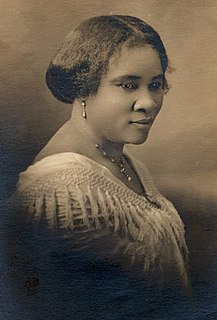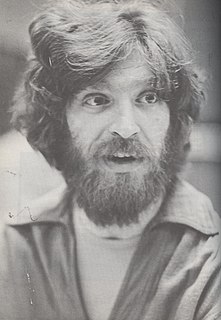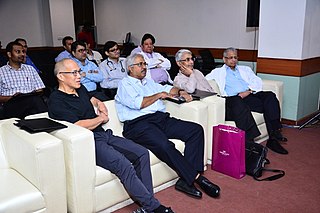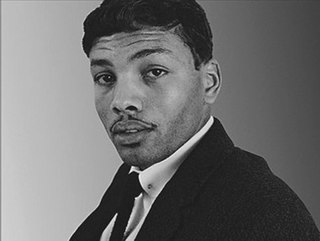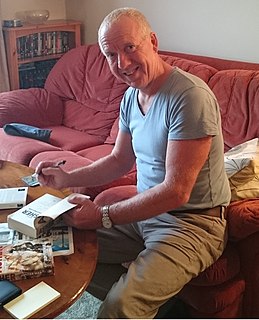A Quote by Mehmet Oz
In my business, if I get too close to you and you die, it hurts me. And so you develop a natural inclination not to be close to the patient, so that if things don't work out ideally, you can still get up the next day and care for the next patient.
Related Quotes
Karma is the beginning of knowledge. Next is patience. Patience is very important. The strong are the patient ones, Anjin-san. patience means holding back your inclination to the seven emotions: hate, adoration, joy, anxiety, anger, grief, fear. If you don't give way to the seven, you're patient, then you'll soon understand all manner of things and be in harmony with Eternity.
When I get started each day, I read through and correct the previous day's 2,000 words, then start on the next. As I reach that figure, I try to simply stop and not go on until reaching a natural break. If you just stop while you know what you're going to write next, it's easier to get going again the next day.
It's so difficult to even suggest to me that I can't always achieve what I want right now; sometimes that is the reality. Time has taught me to be patient and flexible and I have to realize that maybe it wasn't meant to be right now but that doesn't mean it can't be next month or next year. It's inevitable, you get there in the end.
At the end of the day, when it comes down to it, all we really want is to be close to somebody. So this thing where we all keep our distance and pretend not to care about each other, it's usually a load of bull. So we pick and choose who we want to remain close to, and once we've chosen those people, we tend to stick close by. No matter how much we hurt them. The people that are still with you at the end of the day, those are the ones worth keeping. And sure, sometimes close can be too close. But sometimes, that invasion of personal space, it can be exactly what you need.

